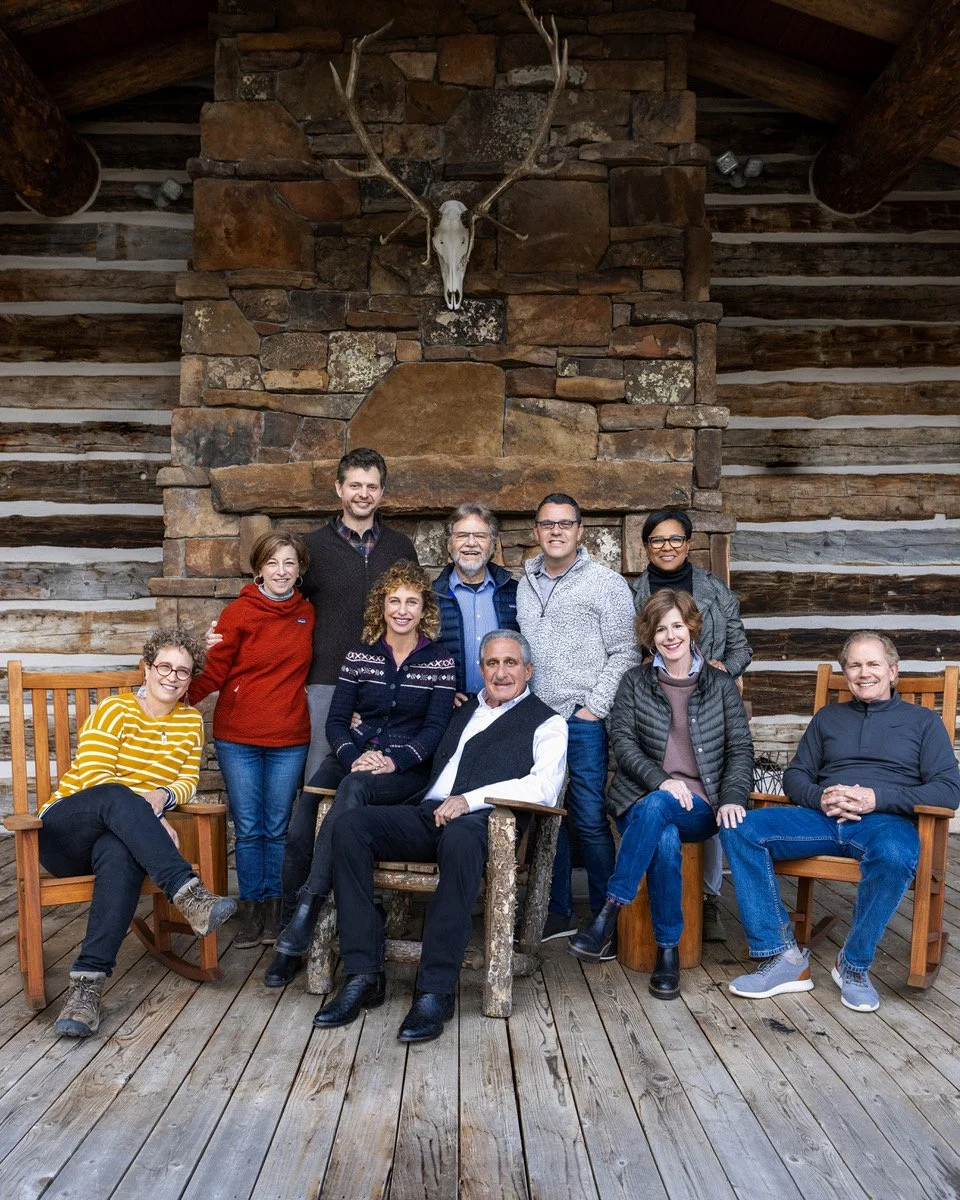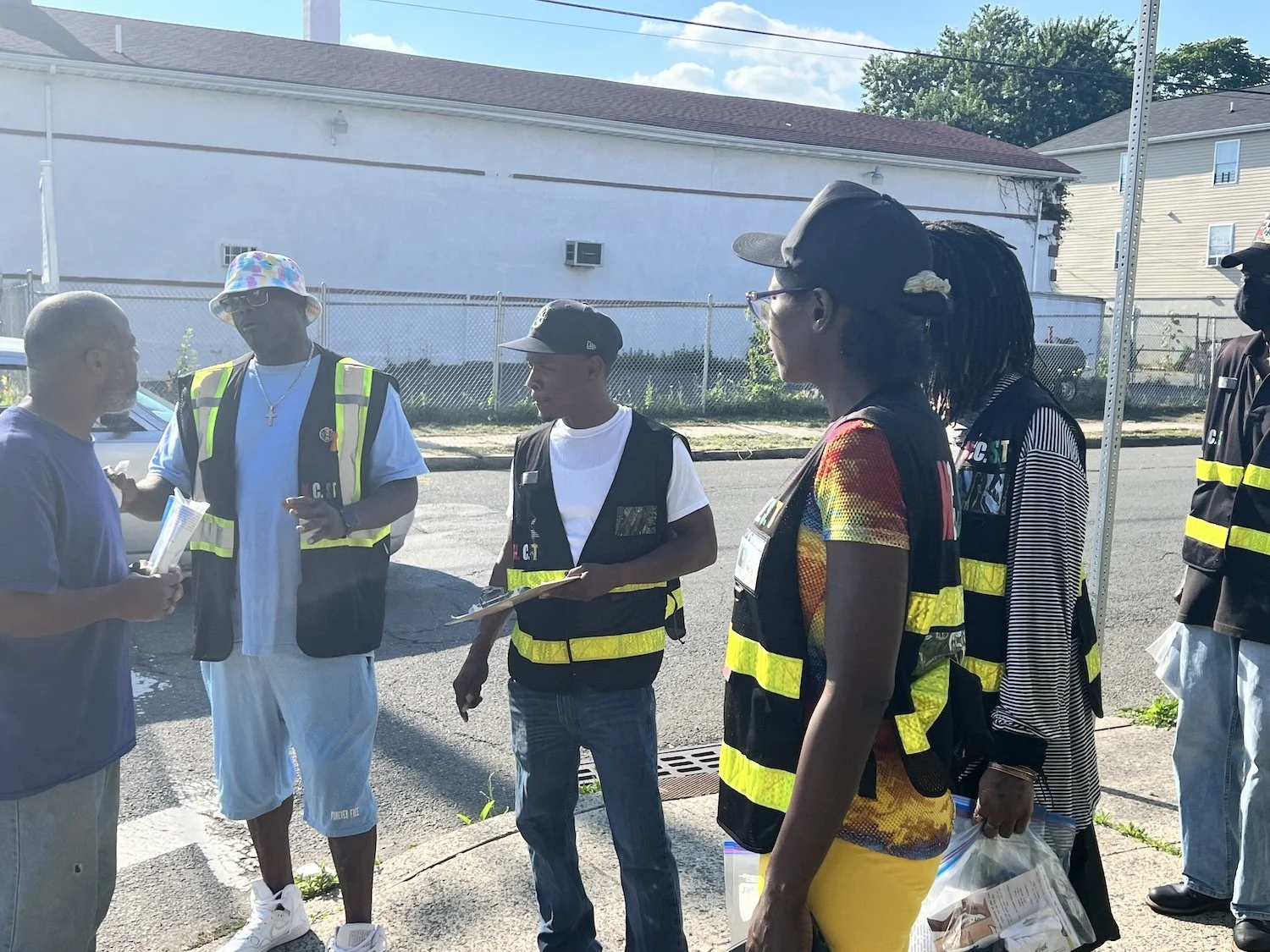Here's Another Alarmed Foundation That's Making New Grants to Bolster Civic Participation
/Studies continue to show that political participation among Americans lags behind many developed nations. In 2016, over 40 percent of eligible voters—some 100 million citizens—didn’t cast a ballot in what was clearly a high-stakes election, including large numbers of African Americans and Latinos who live in key swing states.
The George Gund Foundation aims to change that with new funding to achieve “robust” participation by historically underrepresented populations.
At its last meeting of the year, the foundation awarded several grants intended to achieve racial and economic parity in voter registration and to help citizens exercise their influence on issues affecting their communities.
This funding is a departure from the Gund Foundation’s recent grantmaking, which has lately focused on such issues as the arts, education, economic development and the environment—with a strong preference for backing work in the Greater Cleveland area.
But like many other funders, the Gund Foundation was spurred by the 2016 election to look beyond its existing program priorities. “The election suddenly posed grave threats to a host of values and programs we have long espoused—equity, inclusion, respect for science and factual information, healthcare access, climate change action, and on and on,” Gund Executive Director David Abbott told Inside Philanthropy. “But in addition, it was evident to us that underlying those threats is the fact that democracy itself is at risk because of cynical efforts to distort the political process by allowing in unlimited money, by gerrymandering and by making voting harder. Supporting advocacy for programs we care about is important, but we—like other funders—need to recognize that the threat is more fundamental and we need to support and speak up for democracy before the damage is irreparable.”
Gund is far from alone in worrying about the health of U.S. democracy—or seeing an opportunity in the Trump era to mobilize new voters.
Earlier this year, Eric Marshall, head of the Funders’ Committee for Civic Participation cited widening cracks in America’s democratic foundation. Leading up to the Trump presidency, factors such as gerrymandering and negative campaigning have fueled voter apathy. “On the flip side,” Marshall told us, “there’s a lot of energy in the country. People who haven’t engaged in the past are making their voices heard.”
A variety of civic groups, backed by alarmed funders, are working to seize the moment, often looking beyond voting.
For instance, there’s DoSomething.org, which we reported is hosting a new campaign to “create a community of leaders and lifelong advocates for critical issues affecting vulnerable populations.”
That effort—supported by the Omidyar Network, Reid Hoffman, and the MacArthur Foundation—focuses on civic education and action among millennials and those younger still, “an untapped market” that many political organizations have yet to engage.
Related: Betting on Demographics: Behind a New Push to Engage Young Voters
And there’s Philanthropy for Active Civic Engagement (PACE), another funder affinity group working on democracy and civic engagement. The group got its start in the world of volunteer engagement and community service. But it’s been operating with new urgency lately amid what Executive Director Kristen Cambell has called a "critical moment in time for our country’s civic and community life."
For its part, the George Gund Foundation is largely staying local as it engages in new grantmaking to strengthen U.S. democracy. And its recent grants follow others made by the foundation this year intended to build a more vigorous nonprofit voice in public policy debates on essential human needs being threatened by the federal government, ranging from clean energy to healthcare.
Here’s where the money is going:
$800,000 over three years to the Coalition on Homelessness and Housing in Ohio to advance Ohio Voice, a coalition of nonprofit groups working to increase the collective influence of members through nonpartisan civic engagement activities.
$200,000 over two years to help fund Voting for America’s five-year effort to boost civic participation of historically marginalized groups. The money will fund the group’s large-scale voter registration efforts.
$360,000 over three years to Cleveland Neighborhood Progress to help support Cleveland VOTES, a local civic engagement project that addresses low voter turnout and civic participation among groups that have been historically disenfranchised. The effort engages the trusted voices of nonprofit organizations that work with those people
Related:







































